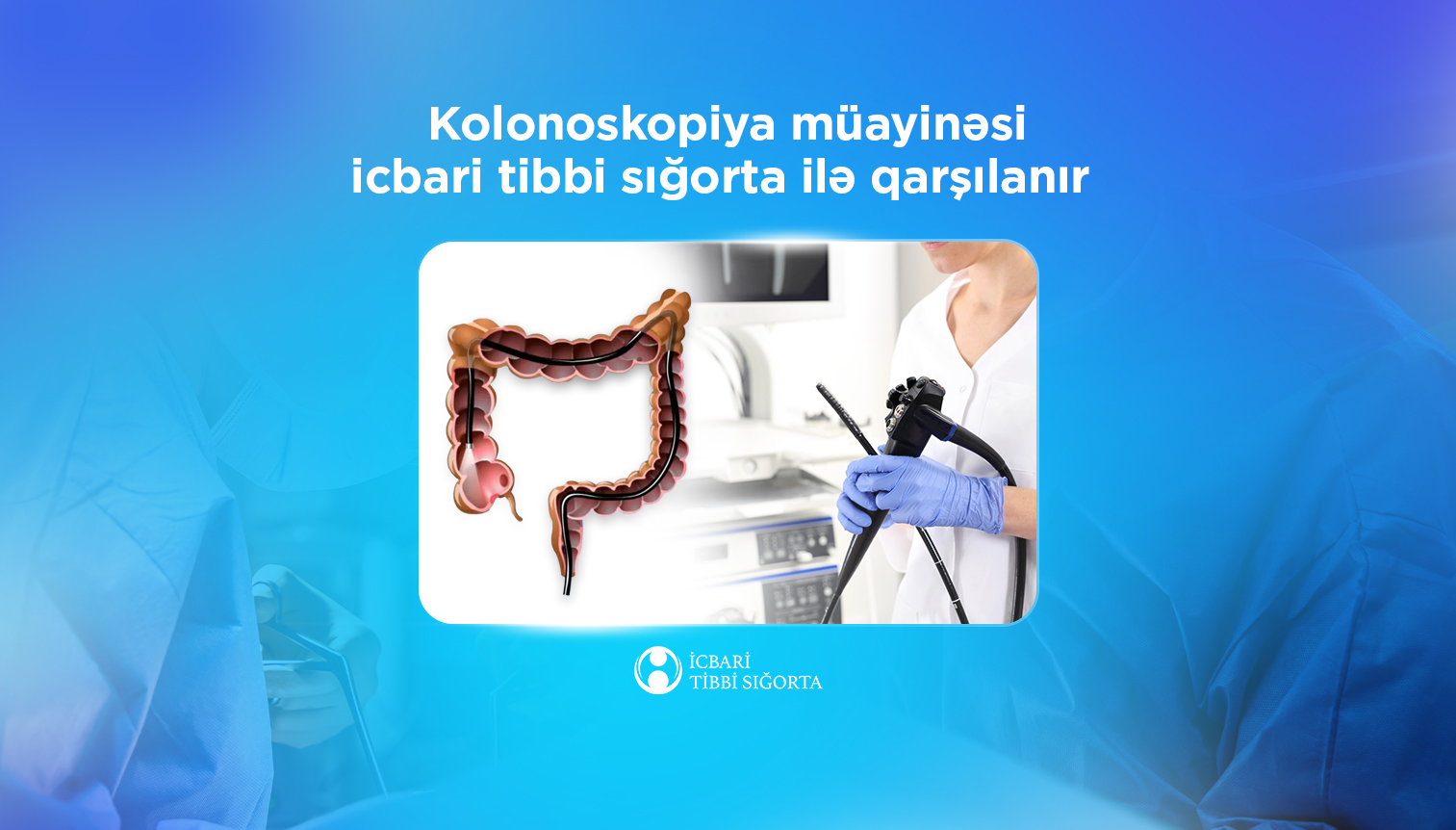 1542
1542 Colonoscopy examination is covered by mandatory health insurance
03.09.2024, 10:04
Colonoscopy, an endoscopic examination of the colon, is covered under mandatory health insurance. In the first six months of 2024, 7,421 colonoscopy procedures were performed under this coverage.
Colonoscopy is indicated for conditions such as recurring abdominal pain, constipation, diarrhea, blood in the stool, unexplained weight loss, and iron deficiency anemia. While X-rays, CT scans, fecal analysis, and other tests provide preliminary information on digestive health, accurate results are best obtained through colonoscopy.
During the procedure, a flexible tube with a camera is used to visually examine the colon, allowing for detection of inflammatory bowel diseases, bleeding, and potential cancers. Colonoscopy not only helps clarify diagnoses but also enables minor surgical interventions. For example, polyps in the colon can be removed, and biopsies can be taken from suspicious areas for further analysis, aiding in early detection and cancer prevention. For adults over 40, routine colonoscopy is recommended every five years if no pathology is found.
Preparation is essential for accurate results. Patients must clean the intestine with a prescribed medication a day before or undergo an enema on the examination day. The procedure itself lasts approximately 15–60 minutes and is performed under sedation to ease discomfort. Patients are monitored until the anesthesia wears off, usually up to one hour. The anesthesia and all necessary services, including biopsies and histological examination, are covered by mandatory health insurance.
Colonoscopy is performed by qualified doctors at state medical facilities under TABIB, research institutes under the Ministry of Health, and contracted private facilities.
Last News
Allergiyaların diaqnostika və stasionar müalicəsi icbari tibbi sığorta hesabına göstərilir

Mərkəzi Neftçilər Xəxtəxanasına müasir tibbi avadanlıqlar ianə edilib

Ağciyərlərə yığılmış mayenin çəkilməsi məqsədilə 5643 prosedur icra olunub

Pirallahı Tibb Mərkəzinə media-tur təşkil olunub

“Yanıq yaralarının müalicəsi” mövzusunda təlimə start verilib

MRT və KT müayinələri üçün yeni ödəmə qaydası tətbiq olunacaq

Zaur Əliyev Ağcabədi rayonunda vətəndaşları qəbul edib

İcbari tibbi sığorta ilə 50 mindən artıq angioqrafiya müayinəsi aparılıb

Türkiyənin Sosial Müdafiə Qurumunun nümayəndə heyəti Azərbaycana səfər edib

Qadınlarda yumurtalıq xərçəngi riskini azaldan əməliyyat icbari tibbi sığorta təminatına daxildir


 View all news
View all news 